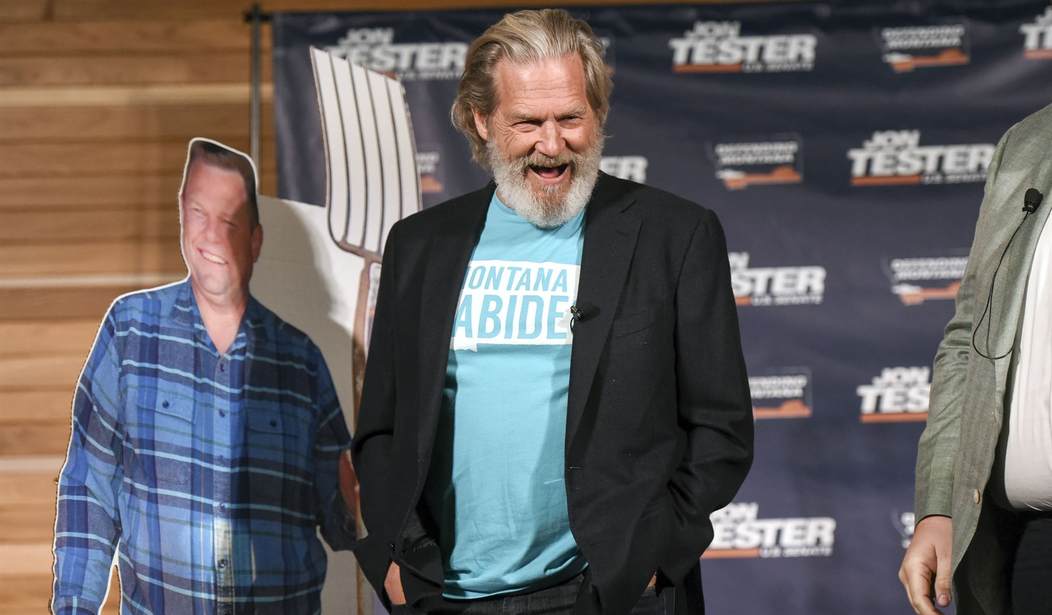Who needs an op-ed section anyway when the news sections deliver opinion on a regular basis? I kid, I kid … kinda. The market for opinion journalism will get significantly smaller, reports the Washington Post, as the nation’s largest newspaper chain will scale back opinions and editorials across its network of print publications.
Hardest hit may be syndicated columnists, such as those at the Post itself:
The nation’s largest newspaper chain is of the opinion that its opinion pages are alienating readers and becoming obsolete.
So newspapers owned by Gannett Co. — publisher of USA Today and more than 250 dailies — have begun to radically shrink and reimagine their editorial sections, publishing them on fewer days each week and dropping traditional features such as syndicated columns and editorial cartoons. Even political endorsements and letters to the editor are being scaled back.
The company has been pushing for the cutbacks for years, and they have become increasingly visible to readers since a committee of editors formally recommended them at a meeting in April. “Readers don’t want us to tell them what to think,” the editors, who come from Gannett newsrooms across the country, declared in an internal presentation. “They don’t believe we have the expertise to tell anyone what to think on most issues. They perceive us as having a biased agenda.”
That certainly is true, but the problem isn’t usually located in the op-ed section where people expect to read point-of-view essays. The “biased agenda” issues are in the news coverage of media outlets, and not just newspapers. That can be outright opining in supposed news reports, such as The Hill’s weird editorializing on a news report about Gas Buddy’s announcement yesterday that gas prices had hit a $5 average in the US. Emphases mine:
The latest high price comes after months of rising prices and is likely to add to a political headache from the Biden administration even though presidents only have limited control over the price of the fuel. …
However, Republicans are likely to try to place the blame on President Biden and the Democrats as the midterms approach.
Experts have rejected many of these claims, noting that the price is largely based on the price of oil, which is sold in a global market and Biden’s policies are more likely to impact supply over the long term rather than right now.
I’m not even sure this is analysis, let alone reporting. It looks a lot more like a string of unsupported assertions to posit an opinion while hiding it in a news report. It doesn’t mention that Biden issued an EO on his first day in office imposing a significant increase in regulation and cost on oil producers and refiners, and that his administration has canceled a number of lease sales that had been scheduled for more exploration. The global price is impacted by expectations of American production (in the futures markets especially), nor does it explain why we weren’t subject to these global fluctuations before Biden took office.
Comparatively speaking, the opinion sections are at least a lot more honest.
This leads into another point on media bias, which is its editorial components. It’s still less likely that we see opinion leak into a story like we do above than simply not see the story at all. We saw a perfect example of this during the week in the assassination attempt on Justice Brett Kavanaugh. The New York Times barely covered it at all:
Here's the front page of The New York Times. Not one story on the attempted assassination of Brett Kavanaugh. Instead, you have a footnote to see A-20 and a rather brief article.
Articles that were longer? A journo goes deep into the Amazon and a deadly Korean ferry accident. pic.twitter.com/Fbsh6I8TJE
— Curtis Houck (@CurtisHouck) June 9, 2022
This is how important the NYTimes thinks an attempted assassination on a supreme court justice is pic.twitter.com/Z6eDXfQeQQ
— Comfortably Smug (@ComfortablySmug) June 9, 2022
Thwarted murder attempt against Justice Kavanaugh above the fold in today's WaPo, but not on the front page of today's NYT: https://t.co/AFQRHm3qNL
— Josh Kraushaar (@HotlineJosh) June 9, 2022
And just in case readers wonder what does this have to do with Gannett, take a gander at USA Today’s non-coverage:
No mention of the assassination attempt on Justice Brett Kavanaugh on the front pages of USA Today or the Chicago Tribune.
The New York Times and The Los Angeles Times hid the news on the bottom of the page in small font.
Shameful. pic.twitter.com/iDNVkwDmpw
— Steve Guest (@SteveGuest) June 9, 2022
Despite the potential destabilizing potential of an assassination of a Supreme Court justice in the middle of a contentious case, the NYT and Gannett took very little interest in the story. That’s editorial bias, and that’s the “opinion” on which reader objections are focused. It’s why Americans’ trust in media keeps declining year after year.
If Gannett expects those complaints to fade out when they shut down editorial sections, they are succumbing to their own folly. The real problem is that media outlets of significant size are now run by people who think their role is to indoctrinate their customers rather than inform them, and to shape the news rather than report it. And as long as these outlets operate on that basis, their readers will continue to discern all sorts of opinion in their output, whether it’s labeled as such or not. To think otherwise is simply … fatuous.








Join the conversation as a VIP Member